Optimal Timing for Stucco Service
Determining the optimal time for stucco service involves considering weather conditions, temperature, and humidity. Proper timing ensures the durability and quality of the application, preventing issues such as cracking or improper curing.
The best time for stucco service is during mild, dry weather with temperatures between 50 and 85 degrees Fahrenheit. Avoid periods of high humidity or rain to ensure proper curing.
Spring and early fall are typically optimal seasons for stucco work, providing stable weather conditions and allowing sufficient curing time before extreme temperatures.
Applying stucco in temperatures below 40 degrees Fahrenheit can hinder curing, leading to potential cracking or poor adhesion. Hot weather can also cause rapid drying, which may compromise the finish.
High humidity can extend drying times and affect the adhesion process. Low humidity conditions help achieve a smooth, durable finish.
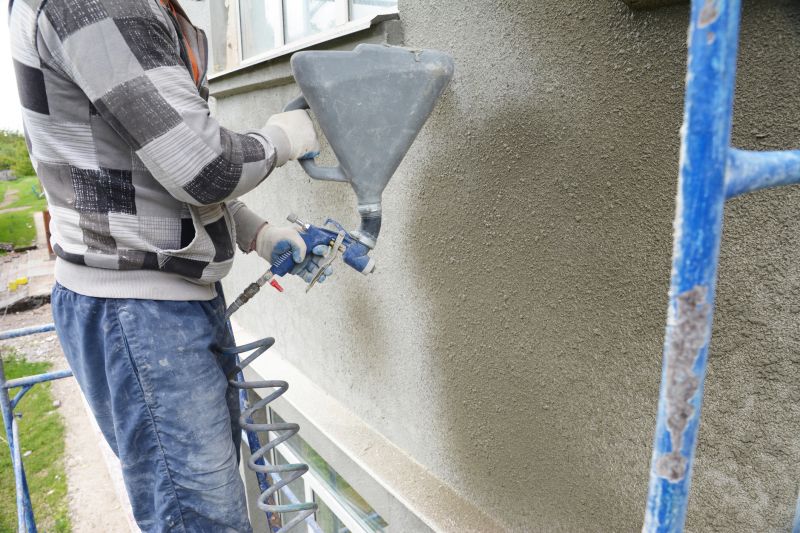
Spring offers moderate temperatures and low rainfall, ideal for stucco projects.
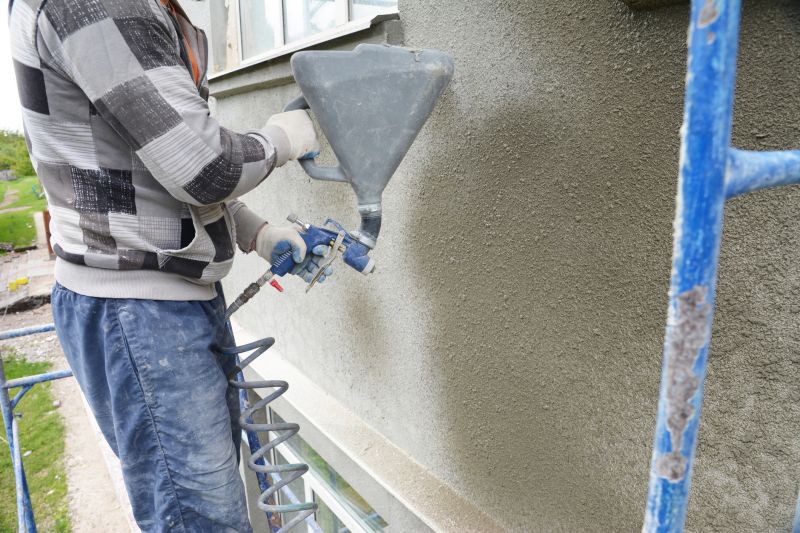
Early fall provides cool, dry days suitable for stucco work.
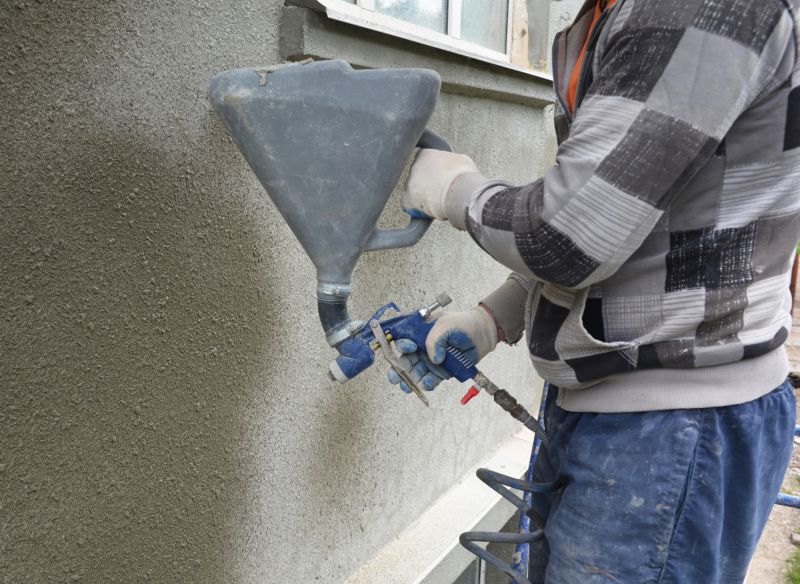
Extreme cold and heat can negatively impact stucco curing and adhesion.
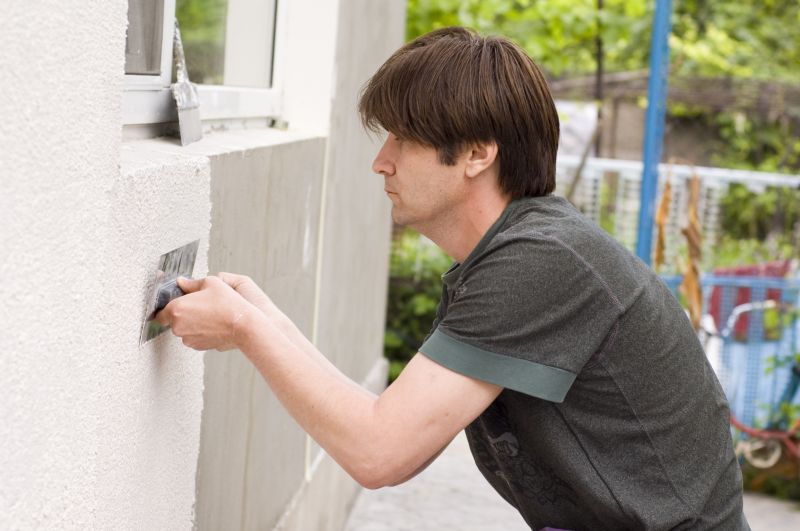
Ways to make Stucco Service work in tight or awkward layouts.
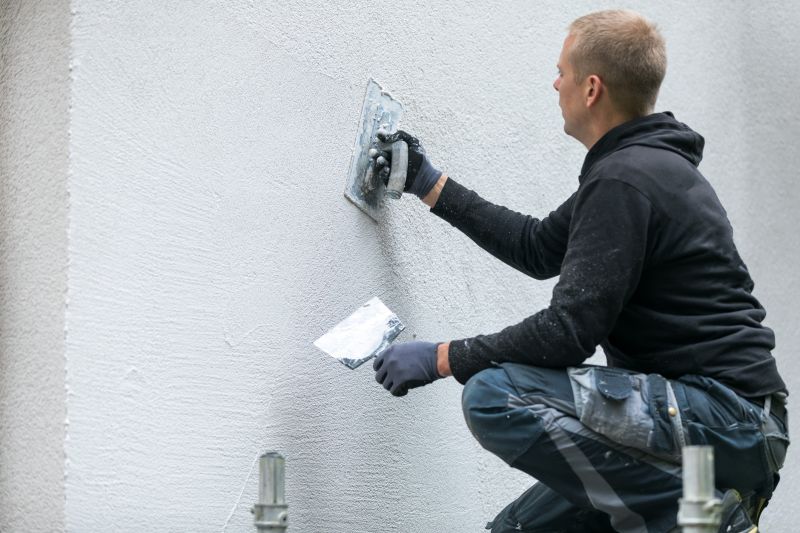
Popular materials for Stucco Service and why they hold up over time.
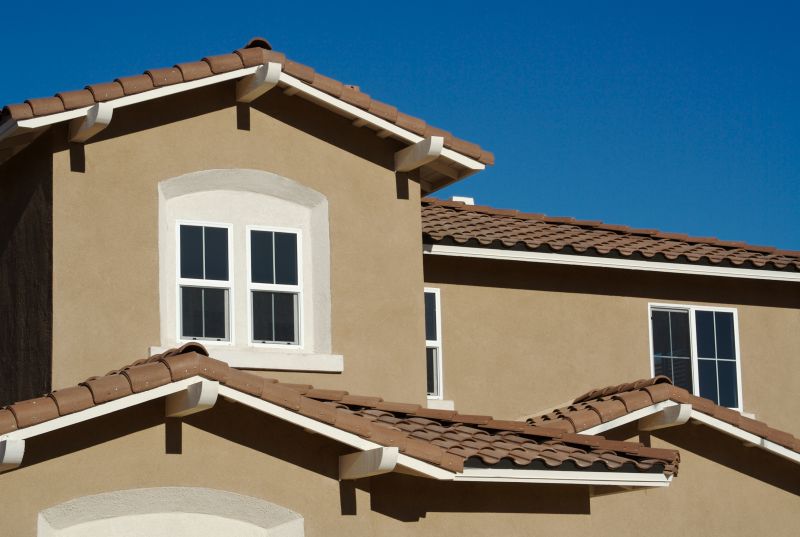
Simple add-ons that improve Stucco Service without blowing the budget.
| Season | Best Practices |
|---|---|
| Spring | Ideal for moderate temperatures and low rainfall, ensuring proper curing. |
| Summer | Apply early in the day to avoid high heat and rapid drying. |
| Fall | Optimal due to cool, dry conditions with less humidity. |
| Winter | Generally not recommended due to cold temperatures and potential frost. |
Stucco service involves applying a durable exterior coating that enhances the aesthetic appeal and weather resistance of buildings. Proper timing ensures the application process adheres correctly and the finish remains intact over time. Weather conditions significantly influence the quality of stucco work, making seasonal planning important for optimal results.
Statistics indicate that stucco, when installed during suitable weather conditions, can last several decades with minimal maintenance. Properly timed applications reduce the risk of cracking and other issues caused by improper curing. Understanding seasonal variations helps in scheduling projects that meet durability standards and aesthetic expectations.
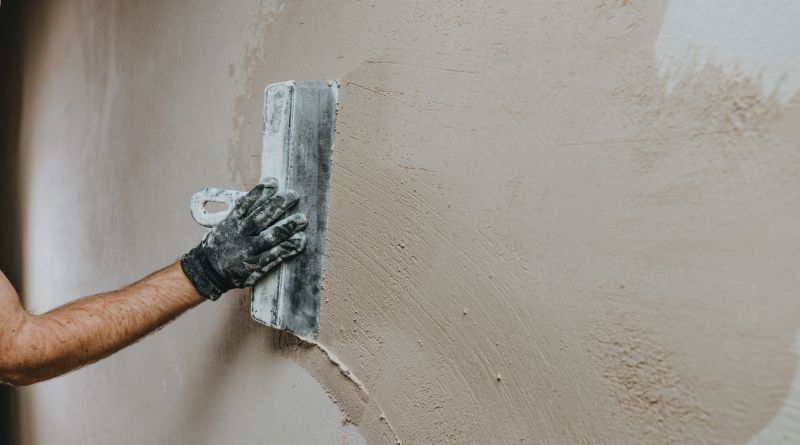
Spring provides favorable weather for durable stucco installation.
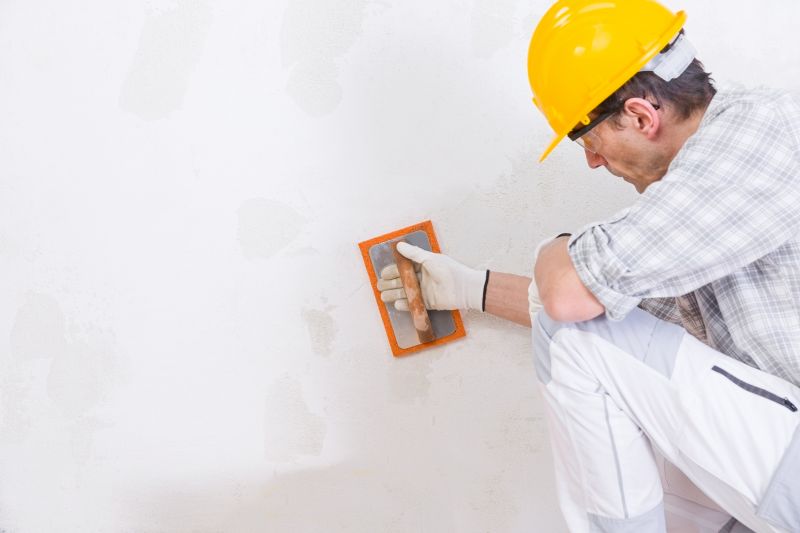
Fall offers stable, dry conditions for high-quality stucco work.
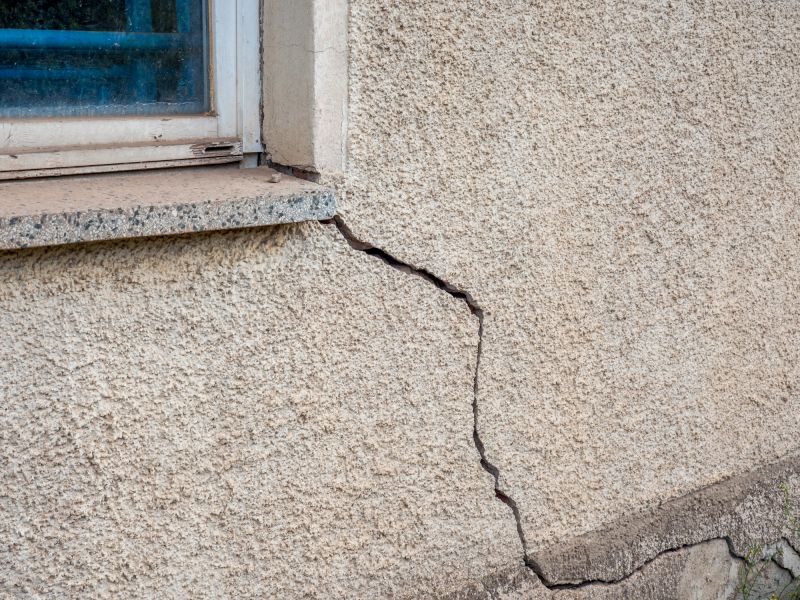
Weather fluctuations can affect curing and finish quality.
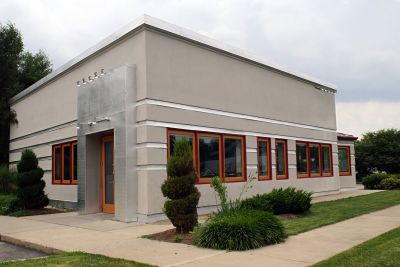
Scheduling during optimal seasons enhances longevity and appearance.
Those interested in scheduling stucco service are encouraged to contact for further information or to discuss project timing. Proper planning aligned with seasonal conditions can ensure the best results and long-lasting finishes.
